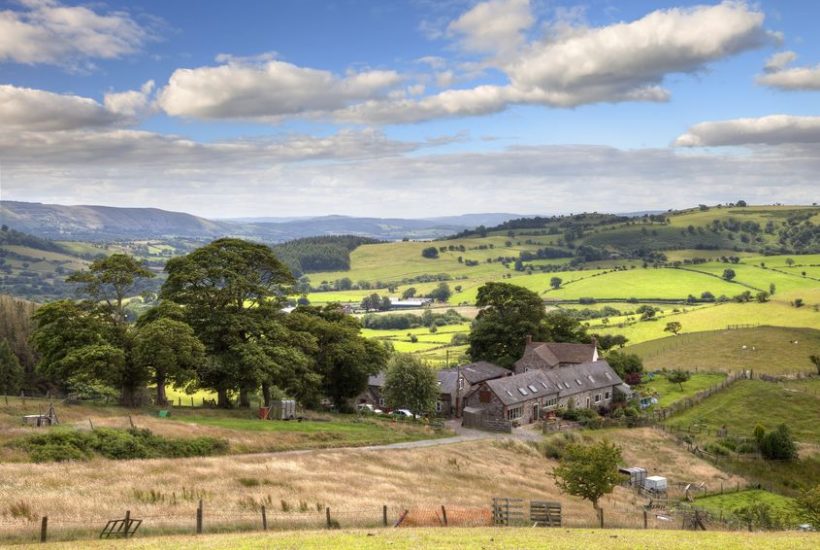
Tenant farmer access to Wales' new Sustainable Farming Scheme remains uncertain, the sector has warned, after the Welsh government unveiled its plans to replace the BPS.
The Tenant Farmers Association in Wales (TFA Cymru) has highlighted significant concerns around how tenant farmers will access the new post-Brexit scheme.
Tenant farmers are responsible for farming well over one third of the farmland in Wales.
A 70-page document outlining plans for the new Sustainable Farming Scheme was unveiled last week, which will be the subject of further consultation next year before being introduced in 2025.
The Welsh government also confirmed that a Tenancy Working Group will be set up to look for solutions to the constraints faced by the tenanted sector.
But TFA Cymru says it has so far seen "little of substance to give us the confidence we need that these major issues will be addressed".
The group says that the Welsh government should look more at the limitations and barriers to entry faced by tenant farmers in the country.
TFA Cymru chairman, Dennis Matheson said: “It is essential that there is joined up thinking between those designing the new scheme, those drafting the new legislation and the yet to be established Tenancy Working Group.
"All three need to be working in concert to ensure that farm tenants are not left out in the cold. There is much within the outline of the new scheme that TFA Cymru welcomes but if tenants are unable to take part, then it will be seriously damaging to the future of agriculture within Wales."
Issues to overcome include the statutory definition of agriculture that binds most farm tenancy agreements, and the rules of good husbandry to which tenants are, by law, required to adhere, which will prevent them delivering public benefits for landscape and biodiversity without their landlords’ consent.
There are no guarantees that landlords will give consent, according to TFA Cymru. The short lengths of terms offered by landlords on farm business tenancies will also cause problems in the context of the desire for multiannual agreements.
Mr Matheson said: “The most obvious example of the problem area is the intended requirement for participants in the new scheme to have at least 10% of their farmland covered by trees."
And in most cases, any trees on tenanted land are reserved out of leases by landlords, and tree planting will be a banned activity by the covenants under which tenants will have been required to operate.
Mr Matheson added: "In discussions with Welsh government officials, it has since been suggested that tenant farmers may be given some form of exemption in respect of the tree cover requirement – we await further details.
“With the removal of the BPS it will be imperative that tenant farmers are not excluded from taking part in the replacement scheme.
"Whilst some tenants will have been able to obtain their landlords consent for previous agri-environment schemes, it will now be vital if that all tenant farmers have the same access."
